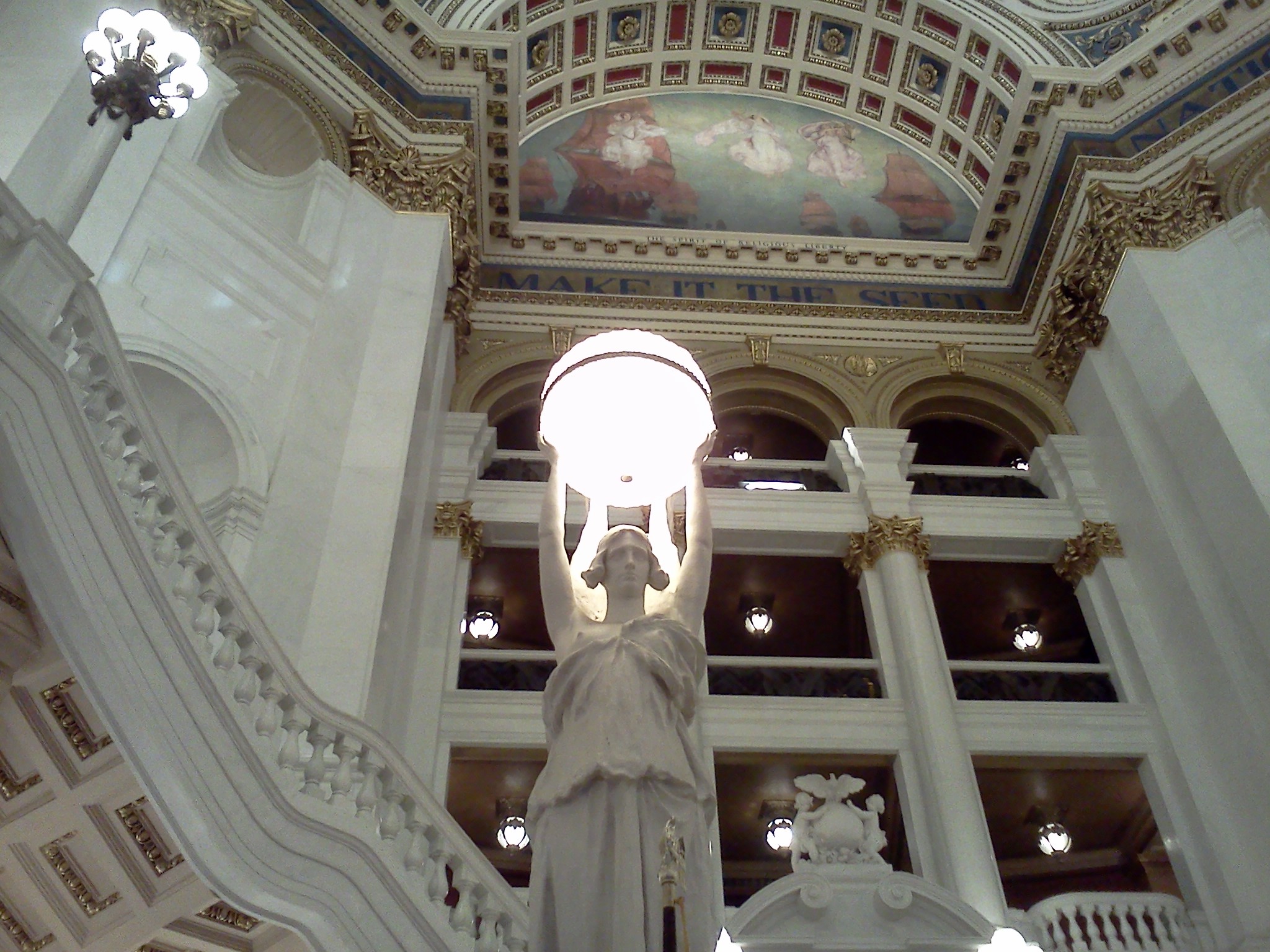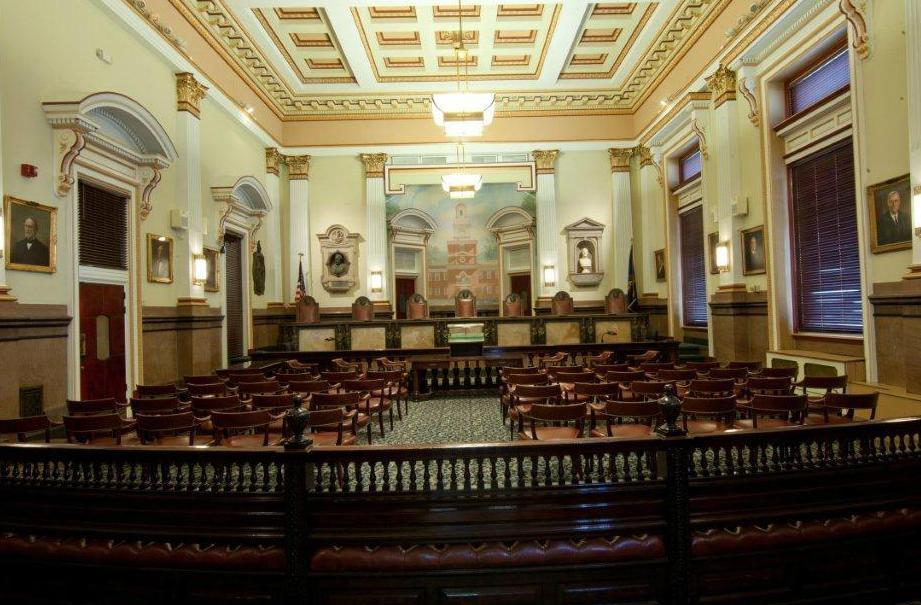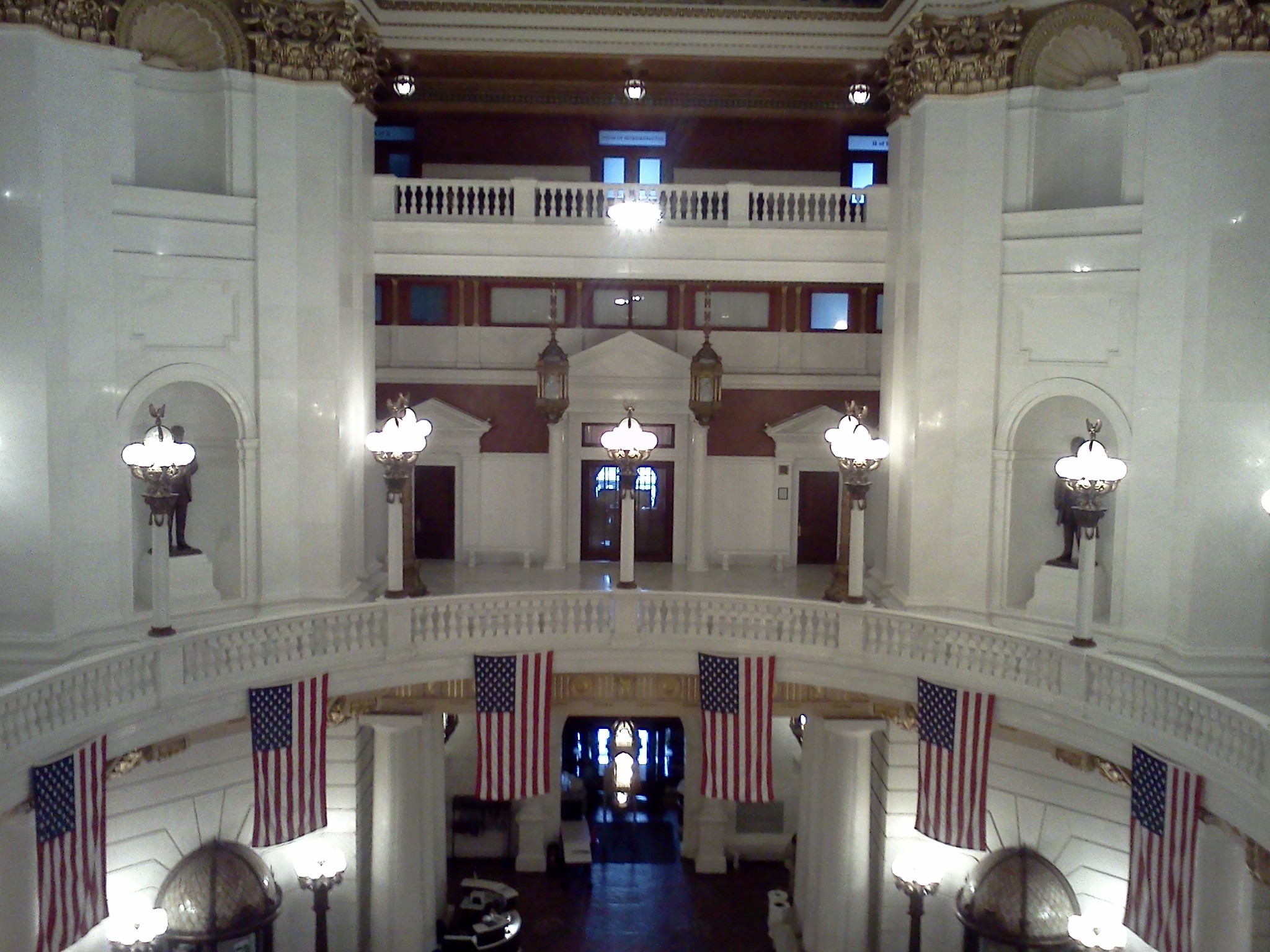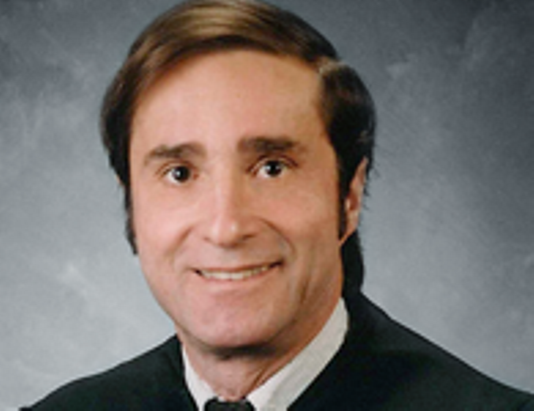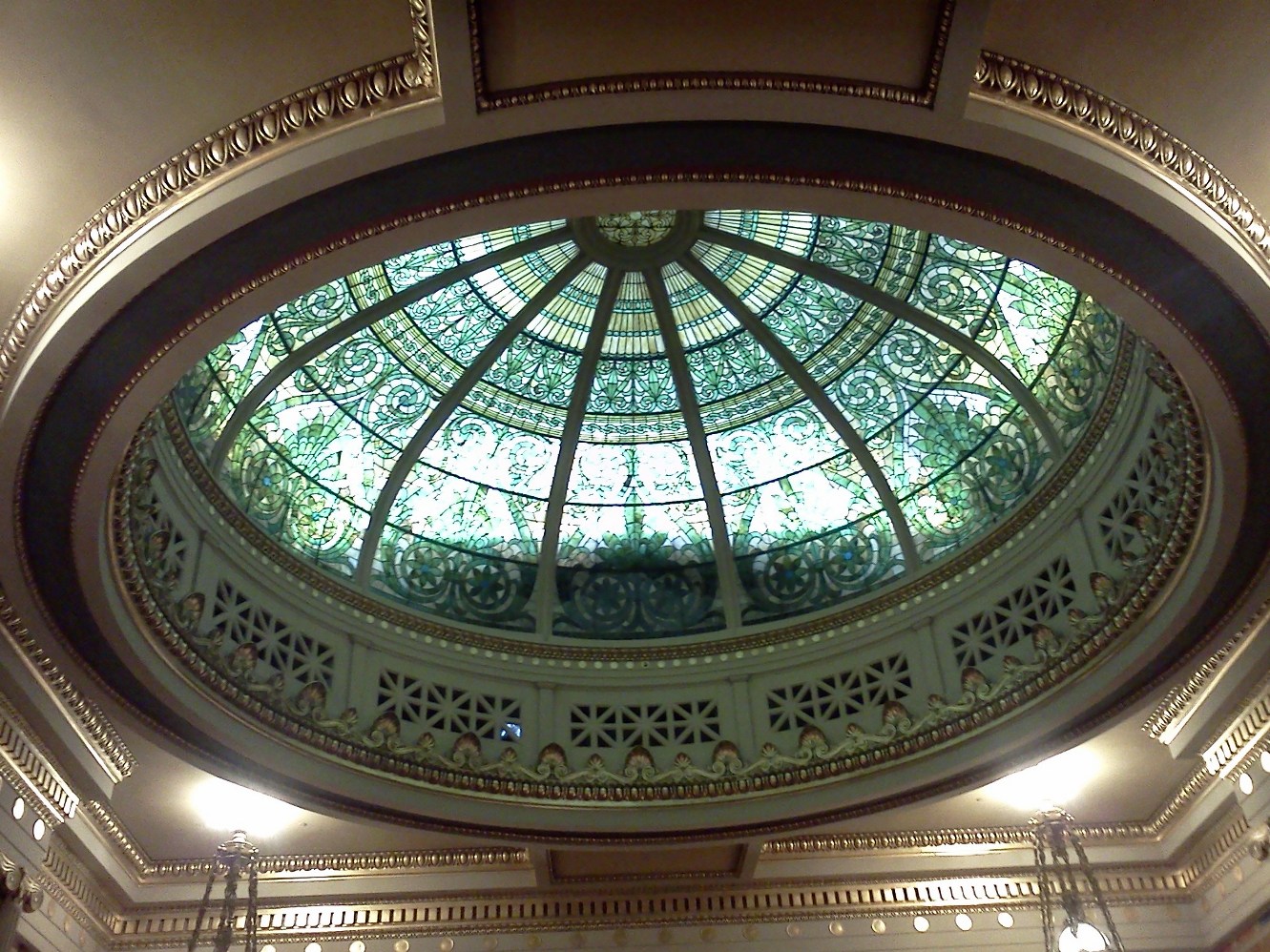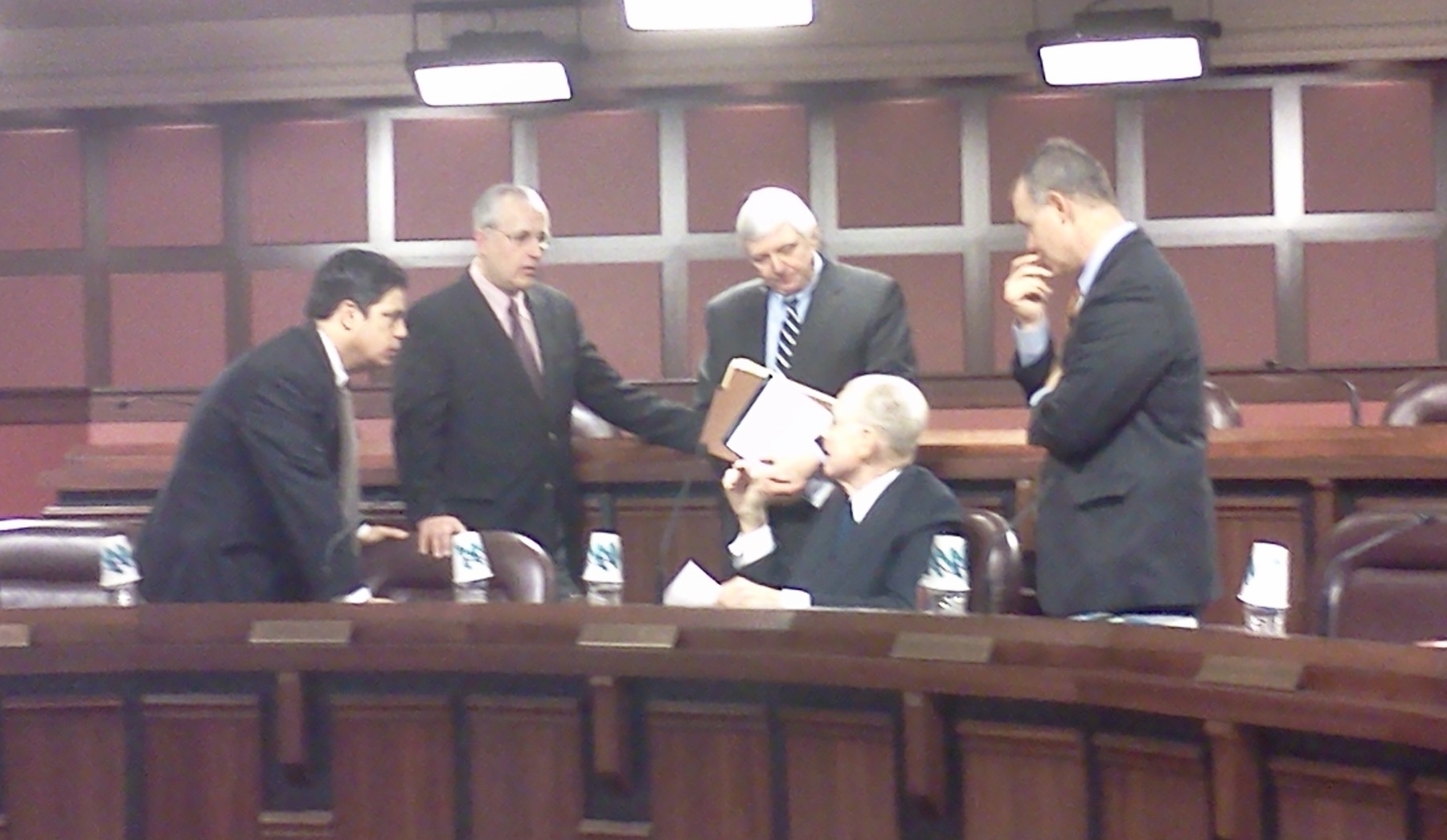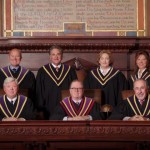Special Elections to Coincide with April Primaries — Update
The state Supreme Court has ordered special elections for six vacant House seats to coincide with next month’s primary. The high court’s order says the fundamental right to representation is at issue, and Philadelphia attorney Kevin Greenberg says 350,000 residents will now have somebody to represent them.
“It’s likely some of these folks will be Democrat, it’s likely some of these folks will be Republican. But these 350,000 people will be able to elect somebody to vote for them in the Statehouse and that’s and important right,” says Greenberg, who represents the 11-constituents who filed petitions with the court. Greenberg says each of the six districts is represented by at least one petitioner.
Speaker of the House Sam Smith had maintained that he was not able to call special elections until the new legislative redistrict maps were adopted. But the legislative redistricting process is still not resolved, and the Supreme Court says these special elections will be held using the 2001 boundaries.
The opinion reads: “The district boundaries for the six vacant seats at issue here were set in the 2001 Final Reapportionment Plan, and the new members who would be elected to serve the remainder of their terms will merely step into the shoes of their predecessors – just as the Speaker and every other sitting House member who is currently seated under the districts set forth in the 2001 redistricting map.”
Four of the posts had been held by Democrats, and Pennsylvania Democratic Party Chairman Jim Burn hails the decision as an important victory. “Republicans have tried to delay the elections and silence the voices of Pennsylvanians, but today’s ruling is a stinging rebuke to Harrisburg politicians who have picked politics over property representing Pennsylvania,” Burn said in a statement.
Three of the six vacant seats are located in Philadelphia, and one each in Montgomery, Lehigh and Allegheny counties.
UPDATE: Speaker Smith released a statement Thursday afternoon in which he said he would call the special elections. However, that statement blasted the Supreme Court for ignoring the clear intention of the law, and “advancing its own veiled agenda.”


